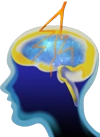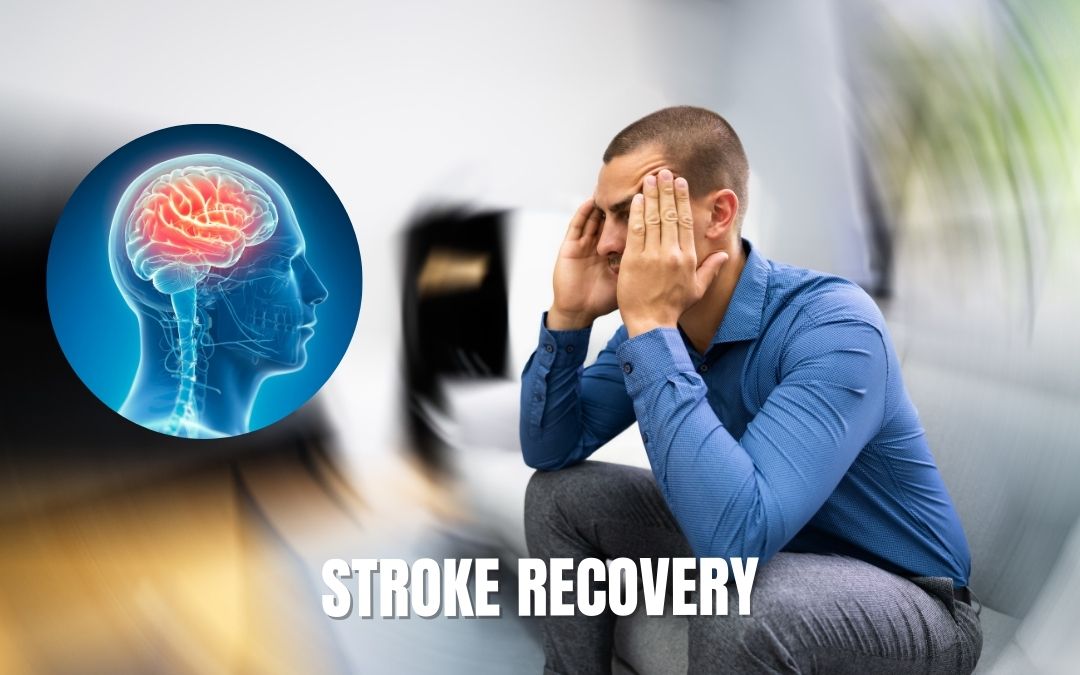Every year, nearly 15 million people worldwide experience a stroke, and about 5 million are left with permanent disabilities. In India alone, stroke is one of the leading causes of disability and death, with around 1.8 million cases reported annually. However, timely intervention and comprehensive stroke recovery treatment, led by skilled neurologists, can significantly improve a patient’s outcome. Stroke recovery is a complex and personalized process, and with the right guidance from experts, patients can regain much of their independence.
What are the Symptoms of a Stroke?
Recognizing the symptoms of a stroke early can save lives. Common stroke symptoms include:
- Sudden numbness or weakness in the face, arm, or leg, especially on one side of the body.
- Sudden confusion, trouble speaking, or difficulty understanding speech.
- Sudden trouble seeing in one or both eyes.
- Sudden difficulty walking, dizziness, or loss of balance and coordination.
- A sudden, severe headache with no known cause.
The acronym FAST is often used to help identify a stroke:
- F – Face drooping
- A – Arm weakness
- S – Speech difficulty
- T – Time to call emergency services immediately
How Long Does Stroke Recovery Take, and What Does It Involve?
The duration of stroke recovery varies based on the severity of the stroke, the areas of the brain affected, and the patient’s overall health. Key factors include:
- The most significant recovery typically occurs in the first 3 to 6 months after the stroke, but improvement can continue for a year or longer.
- Physical Therapy helps patients regain strength, balance, and mobility.
- Occupational Therapy focuses on relearning daily tasks such as dressing, eating, and bathing.
- Speech Therapy helps those who have lost the ability to communicate effectively, including addressing issues with speech, language, and swallowing.
Regular check-ins with a neurologist ensure that recovery plans are updated as progress is made.
What Can Be Done to Prevent Future Strokes?
After experiencing a stroke, preventing future occurrences is crucial. Neurologists focus on:
- Identifying and managing risk factors such as high blood pressure, high cholesterol, diabetes, or atrial fibrillation.
- Prescribing medications to lower the risk of recurrent strokes, including blood thinners, statins, and medications to control blood pressure.
- Encouraging lifestyle changes like quitting smoking, eating a heart-healthy diet, exercising regularly, and reducing alcohol consumption.
These prevention strategies are critical for reducing the likelihood of another stroke and improving long-term health.
What Are the Long-Term Effects of a Stroke, and How Are They Managed?
The long-term effects of a stroke depend on the location and severity of the brain damage. Common issues include:
- Physical disabilities such as weakness or paralysis, typically affecting one side of the body.
- Cognitive impairments that affect memory, concentration, and decision-making.
- Speech and communication challenges, which may involve difficulty speaking, understanding, or forming words.
- Emotional changes, including depression, anxiety, or mood swings.
Neurologists help manage these effects through ongoing rehabilitation, medication, and therapy, ensuring patients receive the support they need to cope with the lasting impacts of a stroke.
What Are the Treatment Options for Stroke?
The type of stroke a person has determines the treatment approach.
Ischemic Stroke Treatments: For an ischemic stroke, the primary goal is to restore blood flow to the brain. Treatments include:
- Clot-Dissolving Medications (tPA): If administered within the first 4.5 hours after the onset of symptoms, tissue plasminogen activator (tPA) can dissolve the clot and restore blood flow.
- Mechanical Thrombectomy: In more severe cases, doctors may use a catheter to remove the clot physically from the blood vessel in the brain.
- Hemorrhagic Stroke Treatments: For a hemorrhagic stroke, the focus is on stopping the bleeding and reducing pressure on the brain.
- Medications may be used to lower blood pressure or slow the bleeding.
- Surgical Intervention: In some cases, surgery is required to repair a ruptured blood vessel or to remove a blood clot formed by the bleeding.
Both types of strokes may require intensive care and monitoring to prevent further complications.
Stroke recovery is a long and complex process, but with expert care from a neurologist, patients can make significant strides toward regaining their independence and improving their quality of life. A neurologist’s role extends from the immediate treatment phase to long-term management, helping to address both physical and cognitive challenges.For those recovering from a stroke, having an experienced neurologist is key to a successful recovery. Dr. Amit Shah, one of the top neurologists in Mumbai, specializes in stroke recovery and provides personalized care to help patients rebuild their lives. Schedule an appointment today with Dr. Amit Shah to begin your recovery journey.

